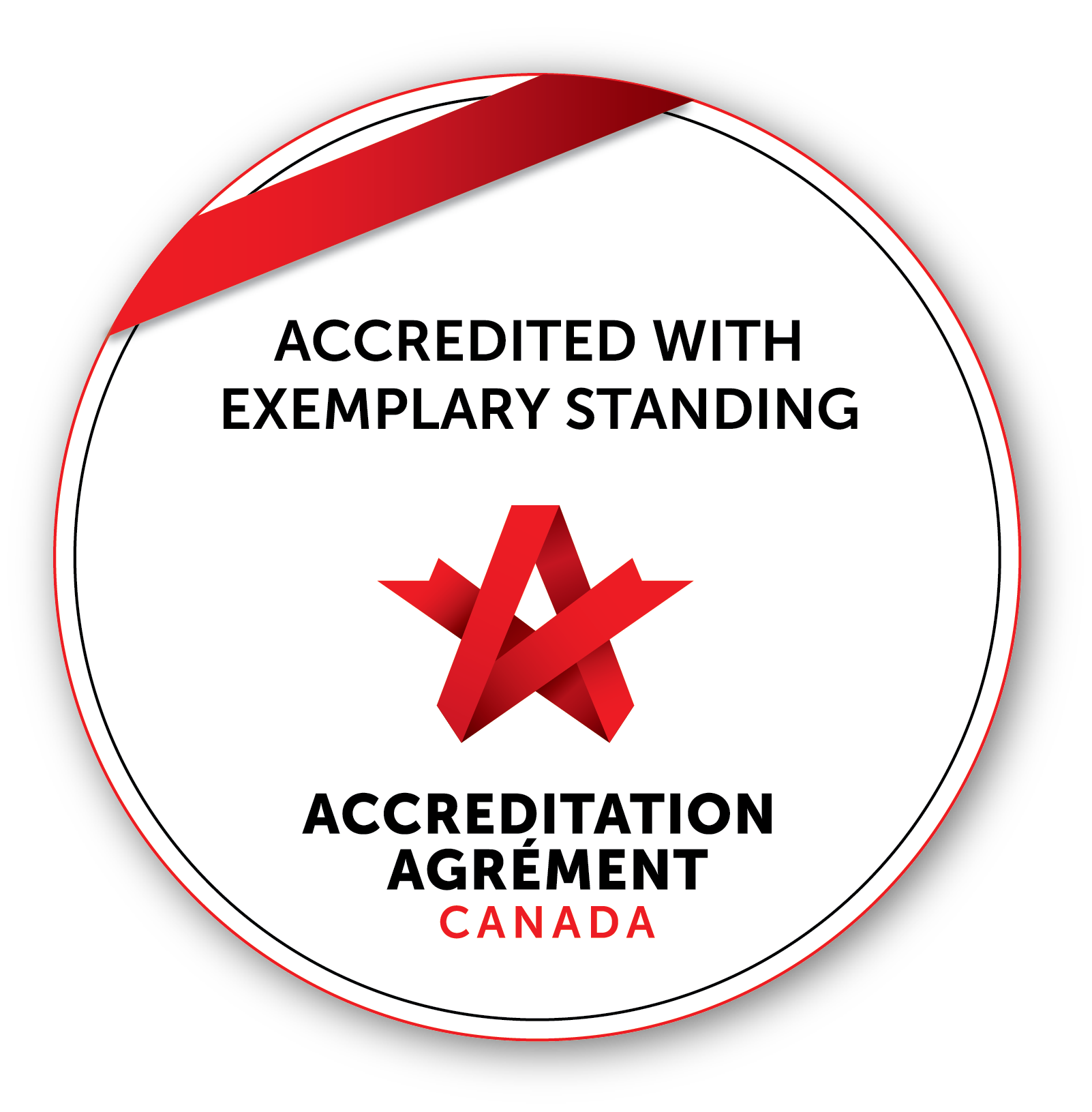Ultrasound
A medical ultrasound test uses high-frequency sound waves to produce images of the organs and structures of the body. Because high-frequency sound cannot go through bone or air, they are especially useful for imaging the soft tissues and fluid-filled spaces of the human body (e.g., arteries and veins, blood vessels, fetus, gall bladder, heart, kidneys, liver, pelvis and reproductive organs, pancreas, and thyroid).
The test is simple and painless. A transducer (special probe), which produces and receives silent, high-frequency sound waves, is placed against your body and slowly moved over the area that is being examined. Sound waves then pass through the skin into the body. As they strike various organs, they send echoes back to a transducer. The transducer is able to separate and identify the different echoes produced by different kinds of tissue, blood, bone, and fluid.
Clinic Information:
- Monday to Friday: 7:00AM – 8:00PM
- Saturday to Sunday: 8:00AM - 4:00PM
- Booking Hours (Monday – Friday 8:00am – 4:00pm)
- (519) 941.2702 x2852
- On the main level of HHCC – down the hall from the Surgical Services Waiting Room.
eReferrals
All of our Diagnostic Imaging services are now using Oceans eReferral.
Faxed ultrasound requisition and faxed echocardiography requisition referrals are accepted, however, faxed referals have a longer processing time than eReferral.
Your appointment
There are different things you need to do depending on the type of ultrasound you are having done. These are the most common exams you will have and what you should do:
- Obstetrical or pelvic - Two hours prior to your exam, empty your bladder and start drinking four full 8-ounce glasses of water. Finish drinking the water one hour prior to your exam. DO NOT Empty your bladder prior to your exam.If the pressure on your bladder becomes unbearable, you can release the equivalent of one cup of fluid.
- Abdominal (liver, spleen, gallbladder, pancreas, aorta, etc.) - Take nothing by mouth for 12 hours prior to your examination – absolutely no smoking and no chewing gum. If you have essential medication that must be taken, a small amount of water is permitted.
- Abdominal (liver, spleen, gallbladder, pancreas, aorta, etc.) for insulin dependent diabetics only - If you are asked to miss breakfast, take ½ your normal dose of insulin. If you are asked to miss any other meal, consult your physician for further instructions. After the exam you may resume your normal eating and insulin routine.
- Abdominal and pelvic - Take nothing by mouth except clear fluids for 12 hours prior to the exam - absolutely no smoking and no chewing gum. Two hours prior to your exam, empty your bladder and begin drinking four full 8-ounce glasses of water. Finish drinking your water one hour prior to your exam. Do not empty your bladder before your exam.
- Renal (kidney) - eat normally. Finish drinking four full 8-ounce glasses of water one hour prior to your exam. DO NOT empty your bladder.
Services Offered
Bone Mineral Density Breast Assessment Breast Imaging CT Scan MRI Nuclear Medicine Ultrasound X-ray
Referral Form
Contact Us
519-941-2410
info@headwatershealth.ca
100 Rolling Hills Drive
Orangeville, ON
L9W 4X9

 We are dedicated to safe, high-quality care, Headwaters is proudly accredited with Exemplary Standing.
We are dedicated to safe, high-quality care, Headwaters is proudly accredited with Exemplary Standing.